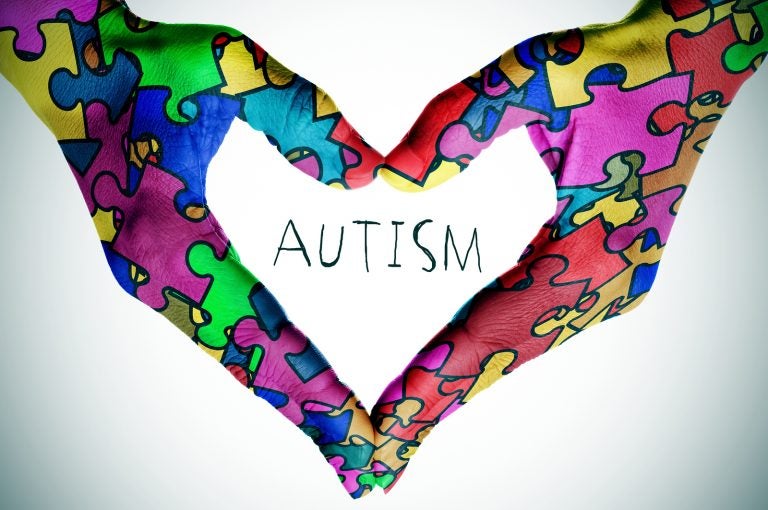5 ways you can support parents of autistic children
April ushers in Autism Awareness Month and for many of us parents raising kids on the autism spectrum, it’s a month of mixed feelings.

Supporting parents and children with autism. (Photo Courtesy/BigStock)
April ushers in Autism Awareness Month and for many of us parents raising kids on the autism spectrum, it’s a month of mixed feelings. While designating months to raise awareness about specific issues can be helpful, those of us who are on the spectrum or living with a family member on the spectrum need not only awareness but also acceptance and understanding as an every day part of our lives.
The CDC cites that 1 in 68 children is now being diagnosed with autism—so that means that if you’re not a parent, you may have a niece or nephew, grandchild, neighbor, child’s classmate or family friend with that diagnosis. There is hardly a person in our community who doesn’t know at least one child on the autism spectrum. By taking a pro-active role this month, each one of us can take steps to better understanding of the needs of people with autism—and the parents raising them. Here are 5 ways that you can support parents during Autism Awareness Month and throughout the year:
Learn: While autism diagnoses are much more common than ever before, there is a lack of good education in media and pop culture about what autism is—and is not. This is one of my favorite videos, created by an Autistic Self-Advocate, that highlights the range of the autism spectrum and helpful ways to interact with people who have autism. For children, The Autism Acceptance Book is a terrific resource to create productive conversations with elementary age kids. Check out this complete list of videos that may be helpful as well.
Plan: If you are on the PTO, a committee at your house of worship or in leadership in your neighborhood/township, consider the needs of children with autism when you are planning events. Adding a quiet room to a loud concert or carnival can help children who experience sensory overwhelm to come participate in your event by allowing them to have a place to decompress. Some children with autism struggle to wait in lines—create ways for parents to pre-register and pay in advance for events that include long registration lines.
Invite: If your child is inviting the whole class to a birthday party, make sure to include autistic classmates who are fully or partially included in the class with or without supports. Reach out and email or text the parent and let them know that you’re excited for the child to come—and ask about whether there are supports that would help the child to participate. This blog from a mom who received such a thoughtful invite for her child went viral. So many of us parents experience isolation and sadness on behalf of our kids that they aren’t included in school/social events. This kind of invite shouldn’t be news—it should be the norm and you can help to make it that way.
Advocate: Parents raising kids with autism may be planning for their child’s whole future, depending on whether that child will need lifetime supports for optimal independence and community inclusion. We rely on Medicaid to pay for those supports. The Medicaid system is complicated and many people don’t understand how it relates to disability. Do some reading and be an advocate when disability funding is threatened. We are counting on you.
Reach Out: You may not know how to support a friend, sibling, co-worker or neighbor who is raising a child with autism. You may avoid the parent you see at school drop-off whose child seems different from your own. I get it—I was that mom before receiving my son’s diagnosis. (In fact, I wrote and delivered this talk about my before and after parenting journey). It’s okay to not know what to say…reach out and let that parent know that you’re there as a listening ear. Just having people you know are with you is enormously helpful.
Parents, if you are raising a child with autism, please share what makes you feel supported in the comments below.
WHYY is your source for fact-based, in-depth journalism and information. As a nonprofit organization, we rely on financial support from readers like you. Please give today.




